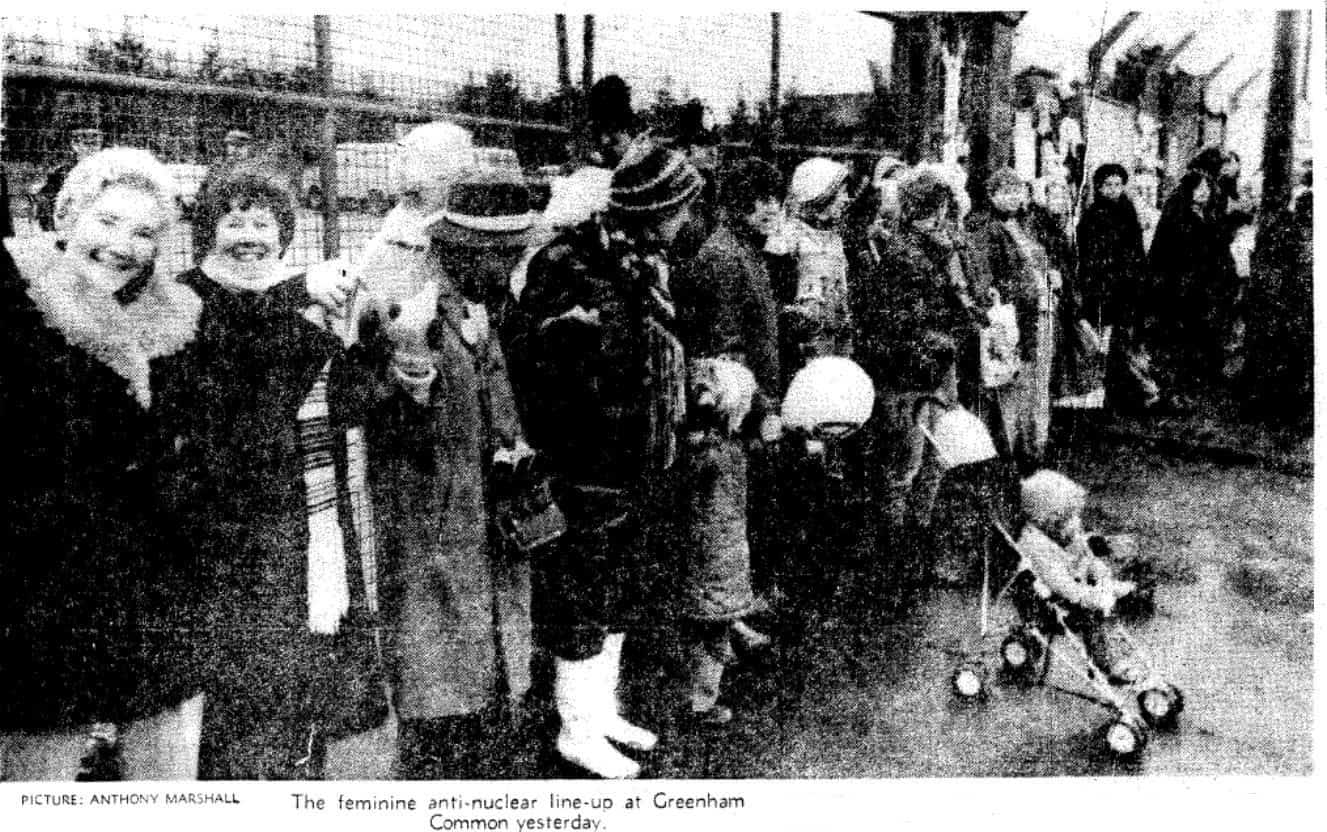│By Kyle Sheldrake, Strategic Marketing Manager – Insights and Development│
Social media and other platforms have greatly increased the ability to spread misinformation and promote division. To many people, demands for platforms such as YouTube and Facebook to take such responsibility may seem relatively new. Many would link it to the rise (or should we say wider public awareness) of “fake news,” hate speech, deliberate misinformation and political bias in the wake of Brexit and questions around Donald Trump’s 2016 election victory.
But is this a recent phenomenon, or has it been an ongoing part of YouTube’s history?



